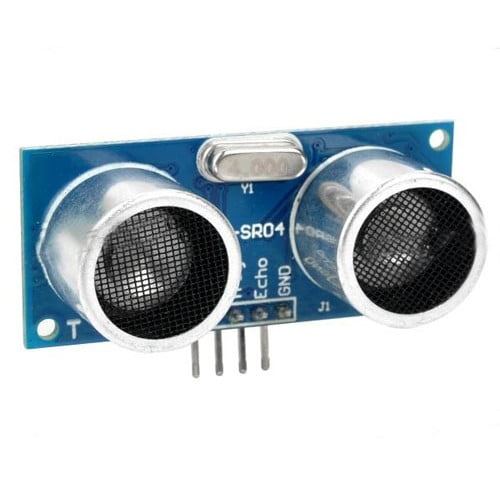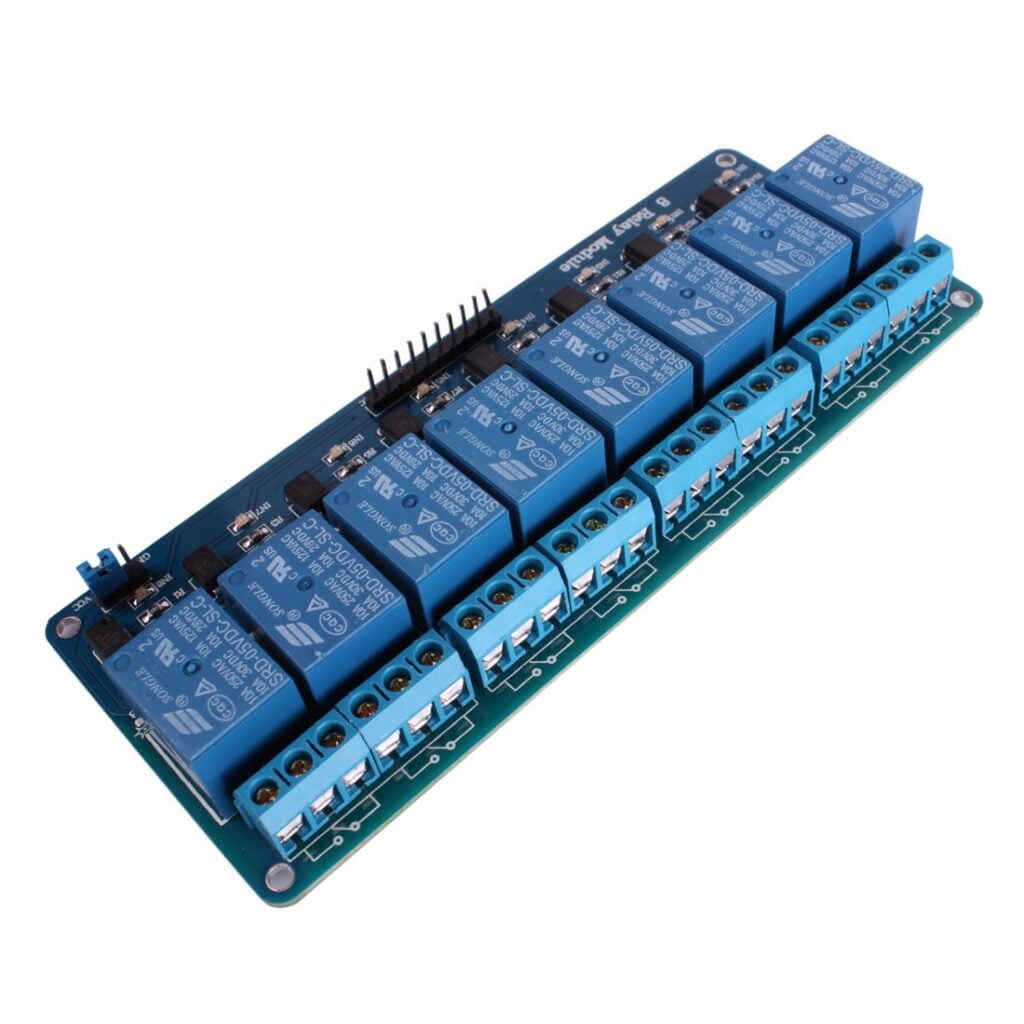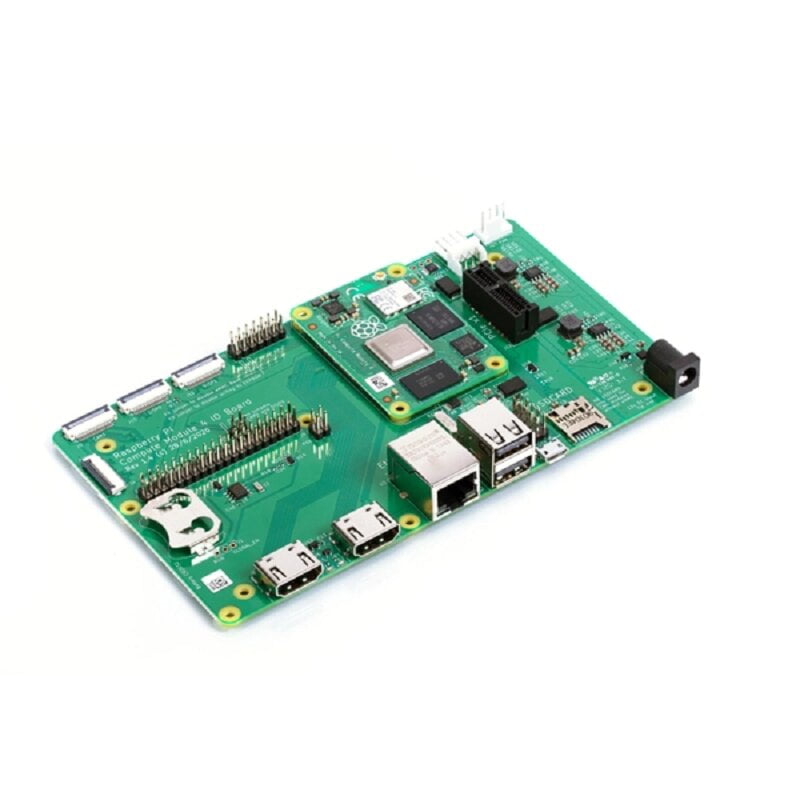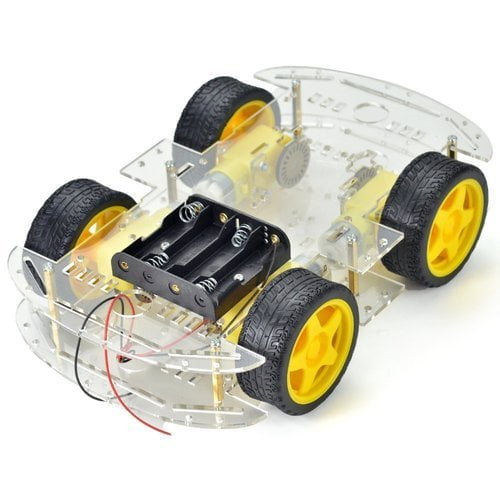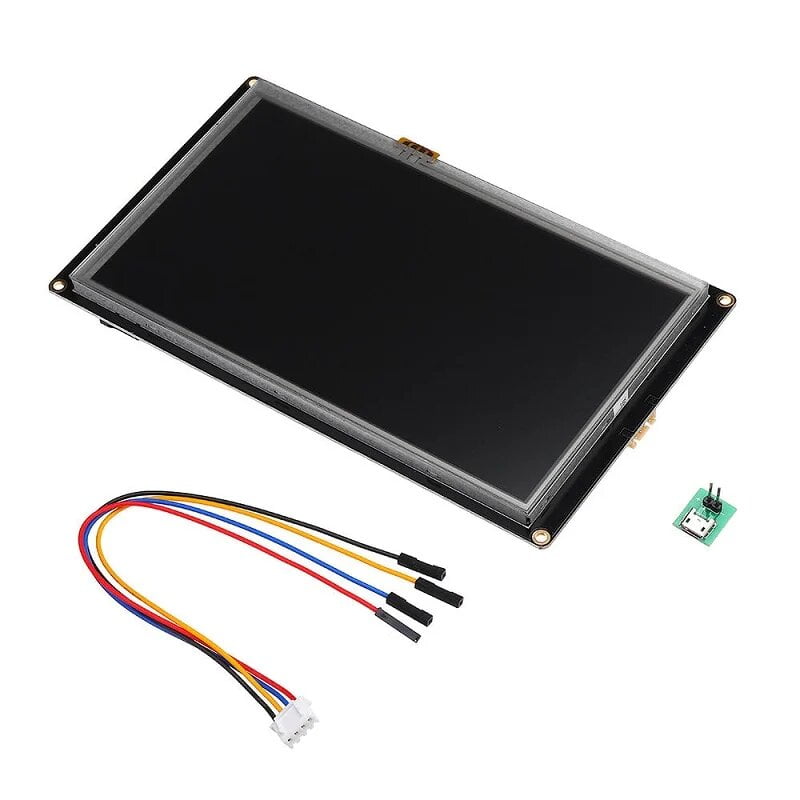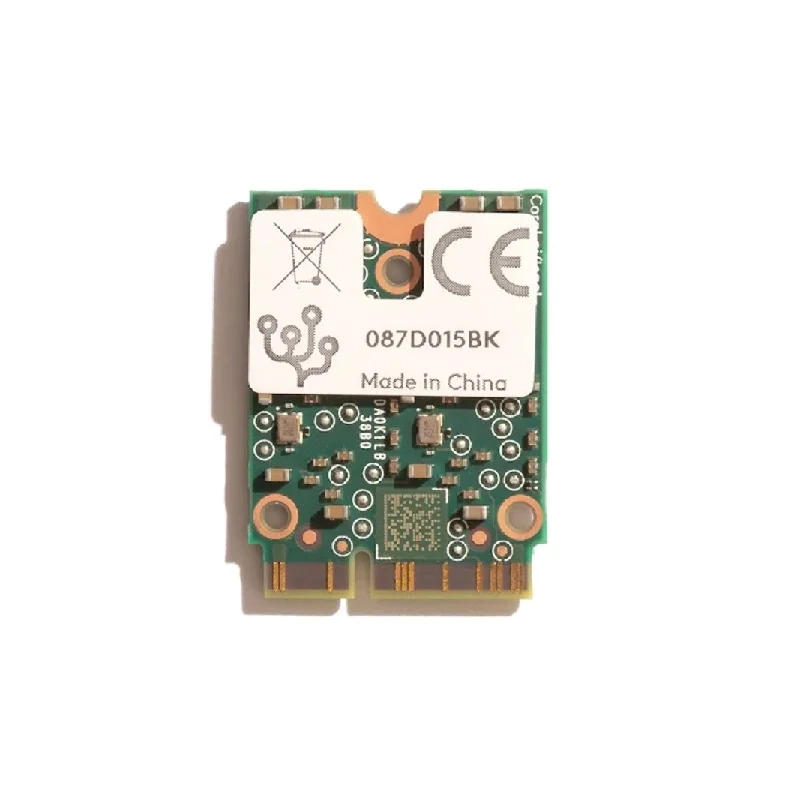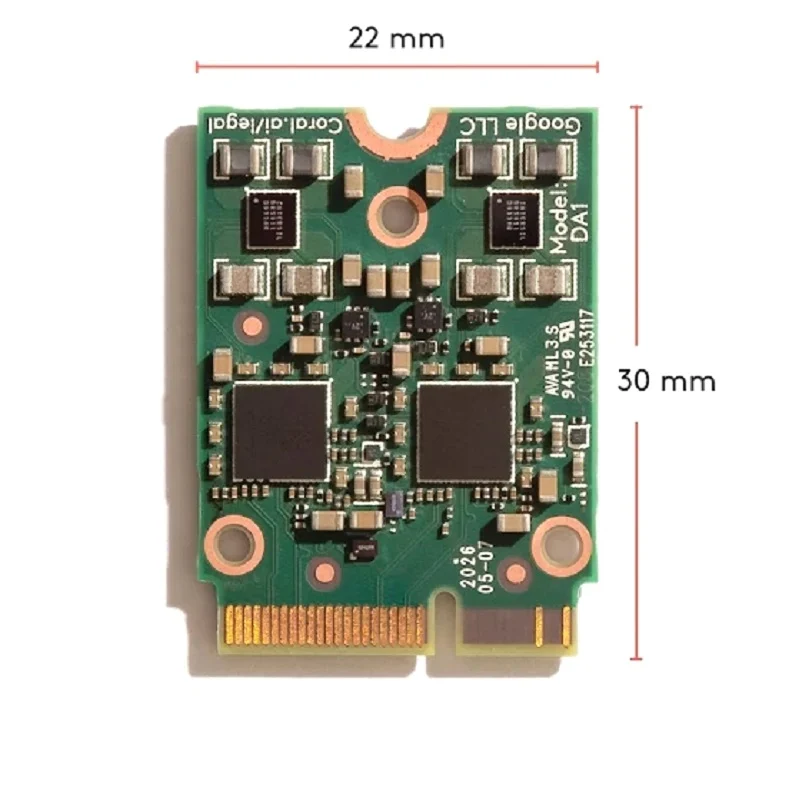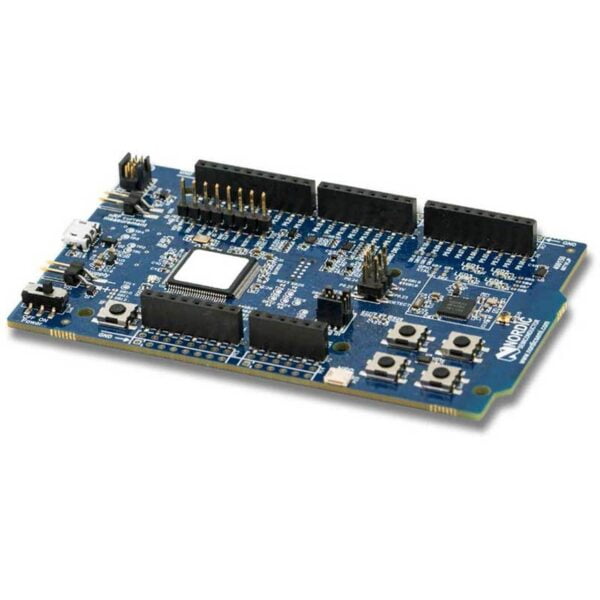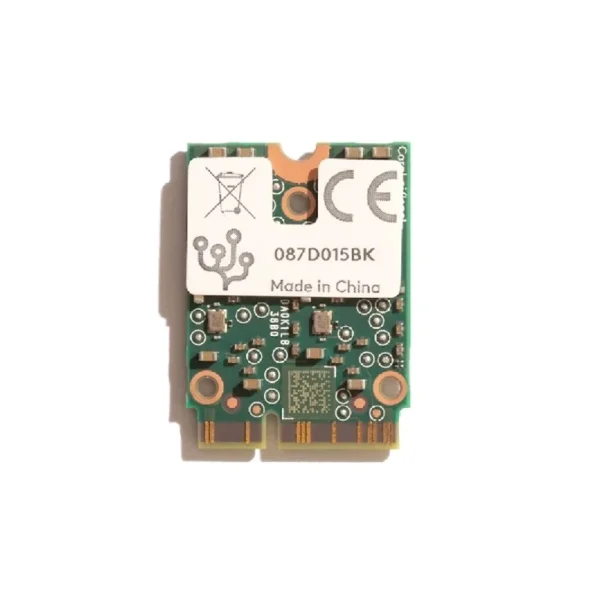The Coral M.2 Accelerator with Dual Edge TPU is an M.2 module (E-key) that includes two Edge TPU ML accelerators, each with their own PCIe Gen2 x1 interface. The Edge TPU is a small ASIC designed by Google that accelerates TensorFlow Lite models in a power efficient manner: each one is capable of performing 4 trillion operations per second (4 TOPS), using 2 watts of power—that’s 2 TOPS per watt.
The Coral M.2 Accelerator with Dual Edge TPU is an M.2 module that brings two Edge TPU coprocessors to existing systems and products with a compatible M.2 E-key slot. E-key sockets provide two instances of PCIe x1, most manufacturers provide only one. To use both Edge TPUs, be sure your socket connects both instances to the host. Because this module uses two PCIe x1 connections, it is not compatible with all M.2 E-key card slots. The dual Edge TPUs also result in special power requirements that you must carefully review.
- Hardware interface: M.2 E key (M.2-2230-D3-E)
- Serial interface: Two PCIe Gen2 x1
- Operating voltage: DC supply 3.3 V +/- 10 %
- 2x Google Edge TPU ML accelerator: 8 TOPS total peak performance (int8), 2 TOPS per watt
- Integrated power management
- Easy to use
- Easy to connect
- Performs high-speed ML inferencing: Each Edge TPU coprocessor is capable of performing 4 trillion operations per second (4 TOPS), using 2 watts of power. For example, it can execute state-of-the-art mobile vision models such as MobileNet v2 at almost 400 FPS, in a power efficient manner. With the two Edge TPUs in this module, you can double the inferences per second (8 TOPS) in several ways, such as by running two models in parallel or pipelining one model across both Edge TPUs.
- Works with Debian Linux and Windows: Integrates with Debian-based Linux or Windows 10 systems with a compatible card module slot.
- Supports TensorFlow Lite: No need to build models from the ground up. TensorFlow Lite models can be compiled to run on the Edge TPU.
